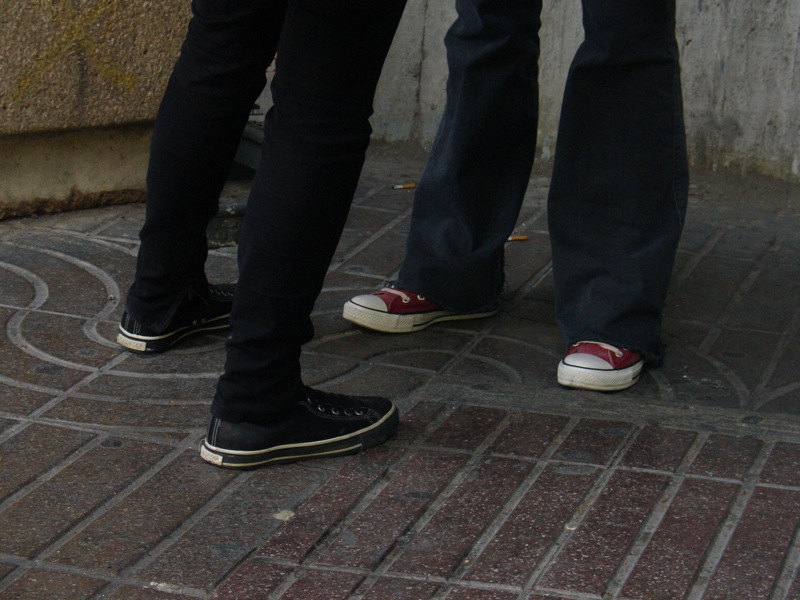Shards of meaning and splinters of spring
/My thoughts have been far from the day-to-day this year.
My mind is in books, the stories of four brothers in the vortex of pain in my parents’ generation or the never-real, ideal world of a boy and a marten on Mount Hood. My hands are painting the gleaming fir of new garden-bed posts in the sunshine that is far too early.
Image of pumpkin ridge and mount emily in northeaster oregon in early spring with a lone hiker visible - by arie Farnam
My mind gnaws at the fact that the spring is too early, that we scarcely had any snow, that whole nations are becoming climate refugees. But for us locally it still isn’t too much of a problem. Even the forest fires have struck mercifully elsewhere. My hands are filling the washing machine and turning the dial. My feet are tramping through the kitchen.
My mind is drowning in dying languages and resurrected tongues, in Wall Kimmerer’s desperate struggle to learn Potawatami from the nine remaining fluent speakers, in the legacies of Czech students in the 19th century studying at the feet of country codgers, of Hebrew rekindled with such hope and of St. Patrick burning the last rare books written by Irish Druids. My hands are cutting spaghetti squash and cooking meatballs or dribbling a basketball with my teenage boy.
I’m always listening to some audiobook, always trying to run fast enough to get to something that matters, always writing something while resigned that the chances of an unknown writer getting published these days are minuscule, always trying to reach my kids through the addictive fog of social media and video games, always trying to figure out what really matters.
All this, while my body is going to medical appointments, weeding the garden beds, washing the dishes, organizing transportation for my son and doing physical therapy exercises. My mind is like a restless toddler but one with sophisticated taste.
On a good day, my mind is drawing plot lines and character arcs for two new novels, weaving snippets of poetry in for one character and plant lore in for another. My hands are making flash cards for students an ocean away. Even my mouth and my face are speaking through the computer screen, the same trusty lessons I’ve been teaching for twenty years. Or my fingers and eyes are working over a medical study manuscript, editing for grammar, while my mind is gibbering in helpless fury over the news.
Since January, I’ve been writing down the important things in a date book—not the garden preparations, the dishes or even the tutoring of students but the insights in the books I’ve read, the plot holes and their solutions, my kids’ struggles and tiny triumphs, the news and my various epiphanies. I want to be connected to the day to-day-world, but my mind needs this nourishment and stimulation the way a seedling needs water and sun.
It stretches toward the light in one direction and reaches roots through the soil the opposite way. It can’t help it. No matter where I’m planted, my mind is an unquiet and seeking thing. The only things that truly quiet it are mountains, big sky, trees and an unhindered wind. Meditation every morning settles it some but only temporarily.
This is one reason that I’m going to graduate school, starting this summer. But I also worry because I have a lot more responsibilities and duties and needs and distractions than I did the last time I was in school—twenty-five years ago. I did well in school because there was endless time. I read very slowly because of my wiggle, wobbly eyes, but that didn’t seem to matter when there was nothing else but studying and reading in my days. Now it will be different.
I’ll soon have assigned reading and critiques for my restless mind to dig into. And hopefully, that will be copasetic. But I think this restlessness is partly me and partly the times we’re living in. How can we live quiet contented lives in a world that threatens to self-destruct every twenty-four hours or so? How can we ignore the crises enough to live and give and nurture while also not losing our sense of soul? I am betting these questions are not mine alone.


















